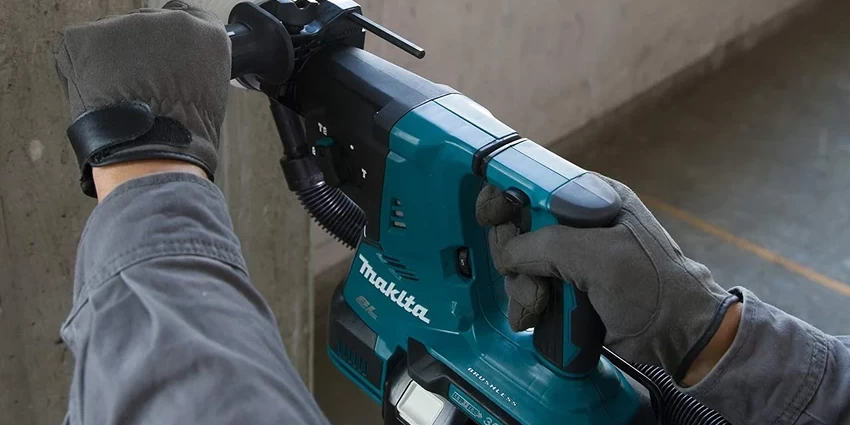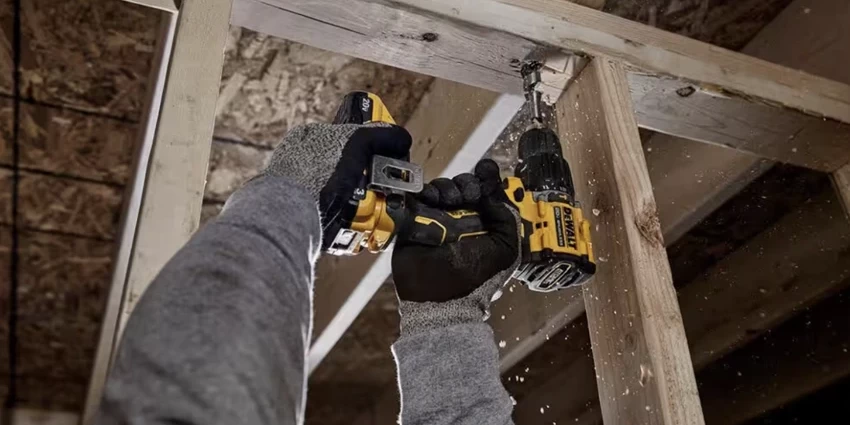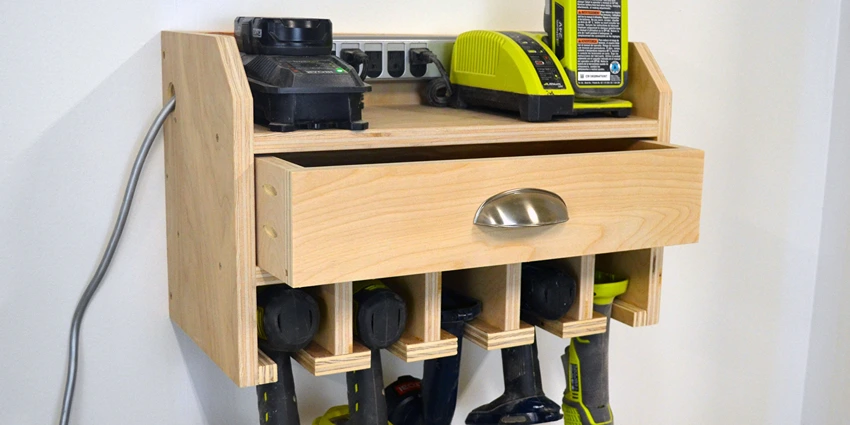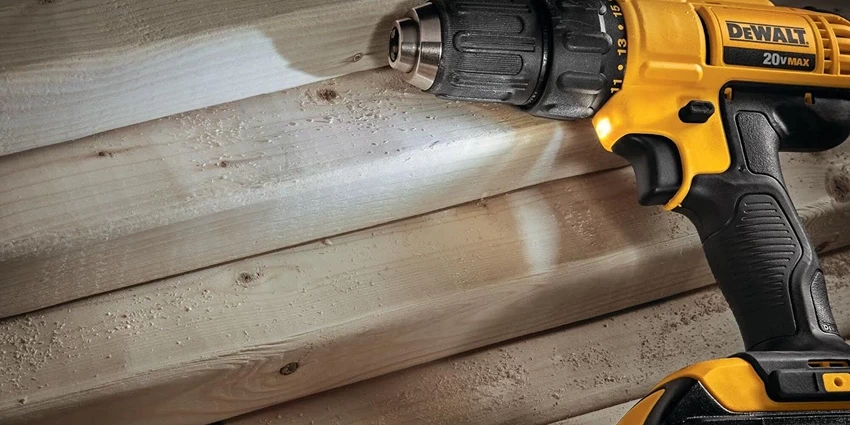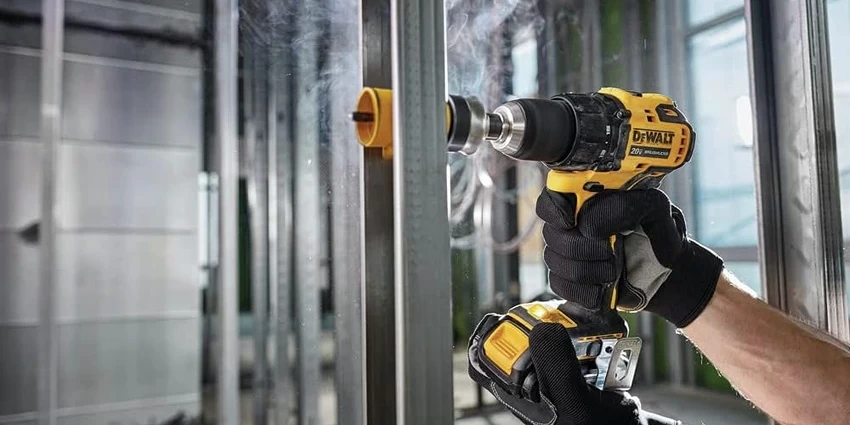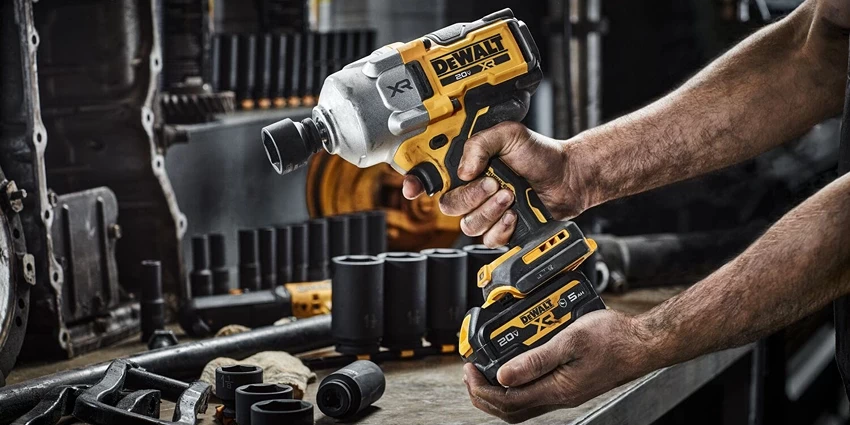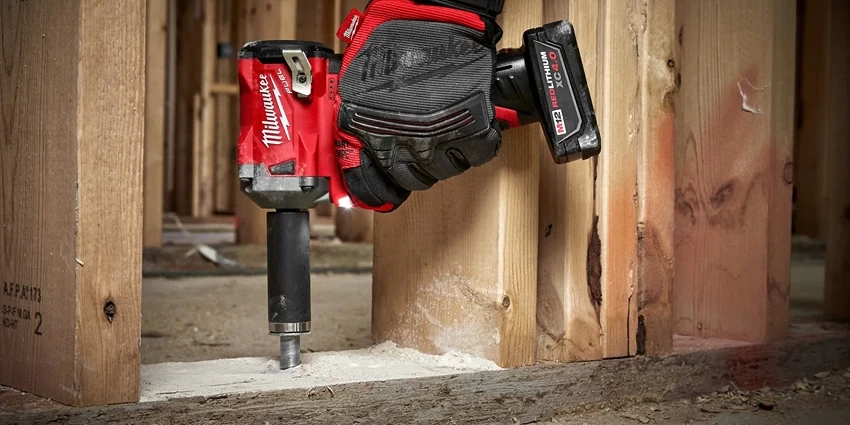All products were chosen independently by our editorial team. This review contains affiliate links and we may receive a commission for purchases made. Please read our affiliates FAQ page to find out more.
Home » Cordless Drills » Introduction to Heavy-Duty Drills
When it comes to tackling the toughest drilling jobs, whether in construction, renovation, or heavy-duty DIY projects, the right tool for the job is absolutely essential. Heavy-duty drills are designed to offer the power, durability, and versatility needed to handle demanding tasks that regular drills simply can’t manage. From drilling into concrete and masonry to powering through metal, these robust machines are the workhorses of the tool world.
Key Takeaways:
- Heavy-duty drills are essential for construction, renovation, and demanding DIY projects.
- They offer superior power, durability, and versatility.
- Suitable for drilling into concrete, masonry, and metal.
Types of Heavy-Duty Drills
Understanding the different types of heavy-duty drills available is crucial to selecting the right one for your specific needs. Let’s explore the most common types found in the UK market.
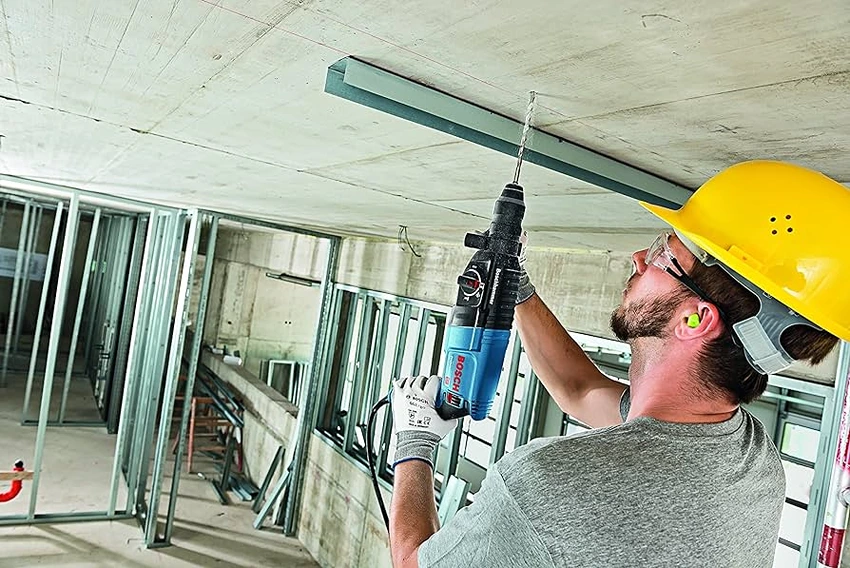
Rotary Hammer Drills
These powerful tools are ideal for drilling into hard materials like concrete and stone. They use a piston mechanism, which provides a much more powerful hammer blow than traditional hammer drills, making them perfect for heavy-duty masonry work.
Impact Drivers and Wrenches
Impact drivers are designed for driving screws and bolts with incredible force, making them ideal for construction projects. Impact wrenches, on the other hand, are used for loosening or tightening nuts and bolts and are a must-have in automotive and heavy machinery work.
Magnetic Drills
Magnetic drills are a specialized tool primarily used in metalwork. They feature a magnetic base that securely attaches to metal surfaces, providing stability and precision when drilling through steel and other metals.
Core Drills
Core drills are used for creating large holes in concrete and masonry. They are commonly used in construction for utility installations, such as plumbing and electrical conduits.
Table 1: Comparison of Heavy-Duty Drill Types
| Drill Type | Ideal Use Case | Key Feature |
| Rotary Hammer Drills | Drilling into concrete and stone | Powerful hammer action |
| Impact Drivers and Wrenches | Driving screws and bolts; automotive work | High torque for fastening and loosening |
| Magnetic Drills | Metalwork | Magnetic base for stability on metal surfaces |
| Core Drills | Creating large holes in masonry | Designed for utility installations |
Key Features to Consider
Selecting the right heavy-duty drill involves considering several key features to ensure it meets your specific needs. Here are the most important features to look out for:
Power and Performance
The power of a drill is measured in watts (for corded models) or volts (for cordless models). Higher numbers indicate more powerful drills capable of handling tougher materials and longer work periods without overheating.
Durability and Build Quality
A heavy-duty drill should be built to last. Look for models with robust construction, such as metal gear housing and high-quality components, to withstand the rigors of heavy use.
Battery Life (for Cordless Models)
For cordless drills, battery life is a critical factor. Lithium-ion batteries offer the best performance, with longer life and faster charging times compared to older battery types.
Ergonomics and Ease of Use
Comfort and ease of use are essential, especially for prolonged use. Features like soft grip handles, vibration reduction, and lightweight design can significantly improve user experience.
Table 2: Key Features to Consider in Heavy-Duty Drills
| Feature | Why It Matters | What to Look For |
| Power and Performance | Determines the drill’s capability | Higher wattage or voltage |
| Durability and Build Quality | Ensures longevity and reliability | Metal gear housing, quality components |
| Battery Life | Important for cordless models | Lithium-ion batteries, longer runtime |
| Ergonomics and Ease of Use | Reduces fatigue and improves efficiency | Soft grip handles, lightweight design |

Top Brands and Models
The UK market is home to several reputable brands known for their high-quality heavy-duty drills. Here’s a look at some of the top brands and their standout models:
- DeWalt: Known for their robust construction and reliability, DeWalt offers a range of heavy-duty drills, including the highly rated DCD996P2 XR Brushless Hammer Drill.
- Makita: Makita’s drills are favored for their ergonomic design and battery efficiency, with the DHR202Z LXT Rotary Hammer Drill being a popular choice.
- Bosch: Bosch drills are renowned for their power and precision. The GBH 2-28 F Professional Rotary Hammer is a standout model for heavy-duty masonry work.
- Milwaukee: Offering some of the best battery technology in the industry, Milwaukee’s M18 FUEL series, including the 2804-20 Hammer Drill, is highly regarded for both power and runtime.
When choosing a heavy-duty drill, it’s important to consider the specific requirements of your projects, as well as the drill’s features, to ensure you select the best tool for the job. Whether you’re drilling through concrete, driving large screws, or working with metal, the right heavy-duty drill can make all the difference in achieving professional-quality results.
Maintenance and Safety Tips
To ensure your heavy-duty drill lasts a long time and operates safely, regular maintenance and adherence to safety guidelines are paramount. Here are some essential tips:
Routine Maintenance Practices
- Clean your drill after each use to prevent dust and debris buildup, which can affect performance.
- Inspect the drill regularly for any signs of wear or damage, especially the power cord, battery, and chuck.
- Lubricate moving parts periodically to keep them running smoothly and extend the life of your drill.
- Check and replace drill bits as needed to ensure efficient drilling and prevent damage to the material you’re working on.
Safety Guidelines
- Always wear appropriate personal protective equipment (PPE), including safety goggles, gloves, and ear protection.
- Ensure the work area is well-lit and free from obstructions.
- Use the correct drill bit for the material you’re drilling into to prevent accidents.
- Secure the material you’re working on to prevent movement while drilling.
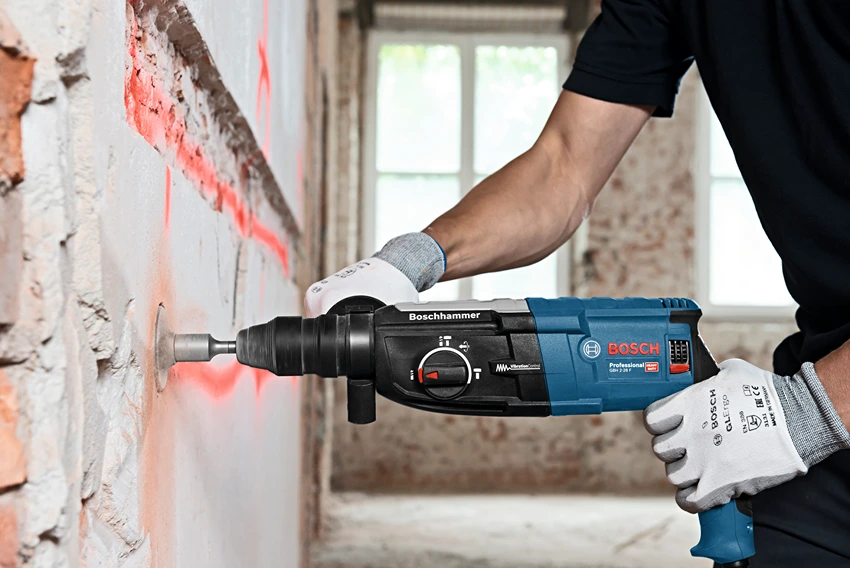
Table 3: Maintenance Checklist
| Task | Frequency | Purpose |
| Cleaning | After each use | Prevents buildup of dust and debris |
| Inspection | Monthly | Identifies wear or damage early |
| Lubrication | Every 6 months | Ensures smooth operation |
| Drill Bit Replacement | As needed | Maintains drilling efficiency and safety |
Table 4: Corded vs. Cordless Drills
| Feature | Corded Drills | Cordless Drills |
| Power Supply | Continuous, from an electrical outlet | Battery-powered, requires recharging |
| Portability | Limited by cord length | Highly portable |
| Power | Generally more powerful | Advances in technology have significantly improved power |
| Best for | Prolonged use, heavy-duty materials | Convenience, quick tasks, and mobility |
Register for our latest in-depth reviews and product round-ups from the experts.
Enter your email address below to receive our monthly review emails.
By entering your details, you are agreeing to our terms and conditions and privacy policy. You can unsubscribe at any time.
Frequently Asked Questions
Heavy-duty drills are designed with more power and durability to handle tough materials and prolonged use. Features like higher voltage or wattage, robust construction, and advanced hammering mechanisms set them apart from standard drills.
Select drill bits based on the material you’re drilling into. For masonry, use carbide-tipped bits. For metal, opt for high-speed steel or cobalt bits. Always choose the appropriate size and type for the job to ensure efficiency and safety.
Absolutely! While heavy-duty drills are often used in construction and industrial settings, they’re also incredibly useful for demanding home projects, such as renovations or building decks.
Corded drills offer continuous power without the need for recharging, making them ideal for prolonged use. Cordless drills provide the convenience of portability and ease of use, especially in areas without easy access to power outlets.
Eleanor is the quintessential spirit of the British gardener — passionate, dedicated, and endlessly curious about the natural world. Born and raised amidst the verdant landscapes of the Cotswolds, she developed an early love for the outdoors, often spending hours in the family garden with her hands buried in the soil, nurturing every type of plant she could find.


